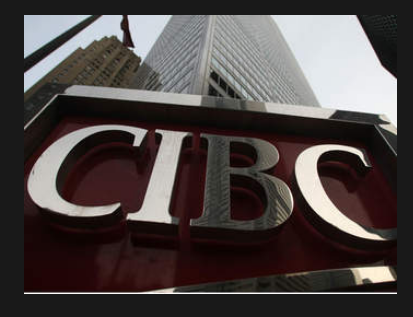Yahoo Small Business WebSite Builder – establish your online presence.
Following market trends, every business strives to establish an online presence. Even if you’re running a small business, there is a good chance that your prospective clients will browse about you online before approaching you for a deal. One of the best ways you can establish a credible online presence is by creating a website for your business. Your website says a lot about you.
However, if the high cost of buying a domain name has been scaring you away from having your website, then Yahoo Small Business Website Builder is for you. Builder makes it easy for small business owners to create their websites.
Read More »Yahoo Small Business WebSite Builder – establish your online presence.












